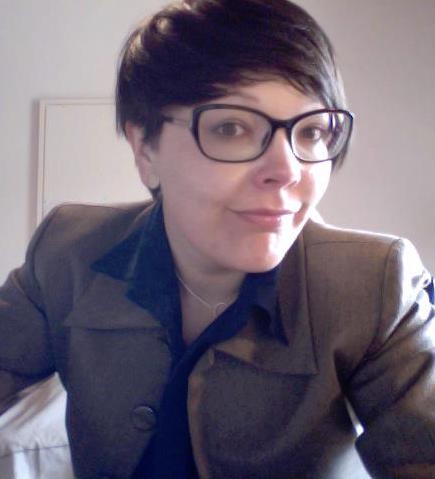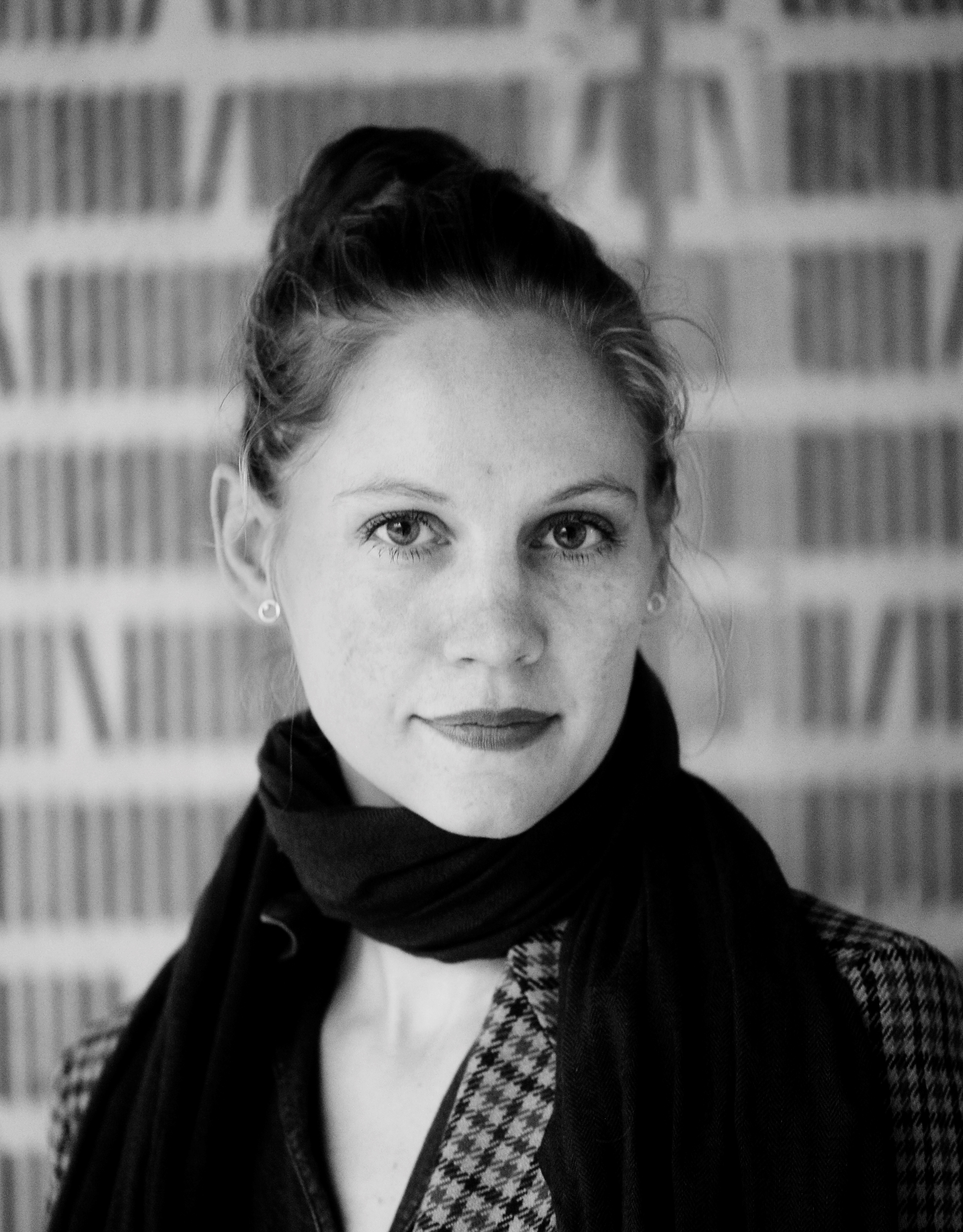Meet the 2016 Research Grants Winners: Nanna Thylstrup and Lene Asp
In this mini interview series you will hear directly from the winners of the Europeana Research Grants. Learn more about who they are, what they do, and find out how important cultural heritage material is to their work.
Introducing Nanna Thylstrup and Lene Asp, who together are mapping colonial Copenhagen.
Tell us about yourself...
 Lene
Lene
I’m a Danish writer, editor, journalist, and independent researcher. I am interested in Danish colonial heritage, history and trauma, as well as archive theory and artist-led research with a particular focus on digital dissemination. My background is within cultural studies, language psychology, and journalism.
 Nanna
Nanna
I am a researcher based at the University of Copenhagen. My work centres around the media and its role and impact on everyday life. My research unites three media theoretical themes: the political stakes of building digital infrastructures, the sociality unfolding within these infrastructures, and their cultural expressions.
What made you apply for the Europeana Research Grant? What did you know about Europeana before you applied?
Lene
I knew that digitised material from the Royal Library, the National Library of Denmark, concerning past Danish colonies was being added to the Europeana digital archive. I had interest in these materials and was encouraged to apply for the research grant by a colleague.
Nanna
I am currently writing a book on the politics of mass digitisation, and part of it is devoted to analysing the role and impact of Europeana in the landscape of digitised archives. I am therefore aware of the complex political aspects of archival digitisation, not least when it comes to colonial history. Europeana provides a good platform to foreground the Danish slave trade history, which otherwise tends to play a very small role in Denmark’s cultural memory. A project such as this will also serve to highlight how new digital portals such as Europeana actualise old colonial problematics as well as give rise to new methodological questions about colonial memory work.
How has Europeana supported your research?
Lene
Without the financial aid Europeana has generously provided, our collaborative research project Mapping Colonial Copenhagen would have been difficult to realise. It is our aim to create a digital map of Copenhagen where it is possible to trace the historical and contemporary presence of the Danish colonies in the urban landscape.
Nanna
Europeana’s transnational platform makes it possible to work across national archives. This is particularly valuable when working with European colonial history that was – and remains – entangled across borders. But Europeana also provides a great opportunity to examine, not only in theory, but also in practice how digitisation not only opens up to new ways of working with colonial archives, and thus new modes of knowledge production, but also how they give rise to new ethical, political and methodological questions.
How essential is access to cultural heritage data for your research? What other sources do you rely upon?
Lene
Cultural heritage data is essential for the presentation of material on the digital platform we are creating, of course we also rely on written sources, but the project itself would not be possible without access to digital material.
Nanna
Since my work examines the politics of cultural mass digitisation, access to it remains essential. With access I mean not only access to the digitised object itself but also to its institutional trajectory, its metadata and its political conditions.
